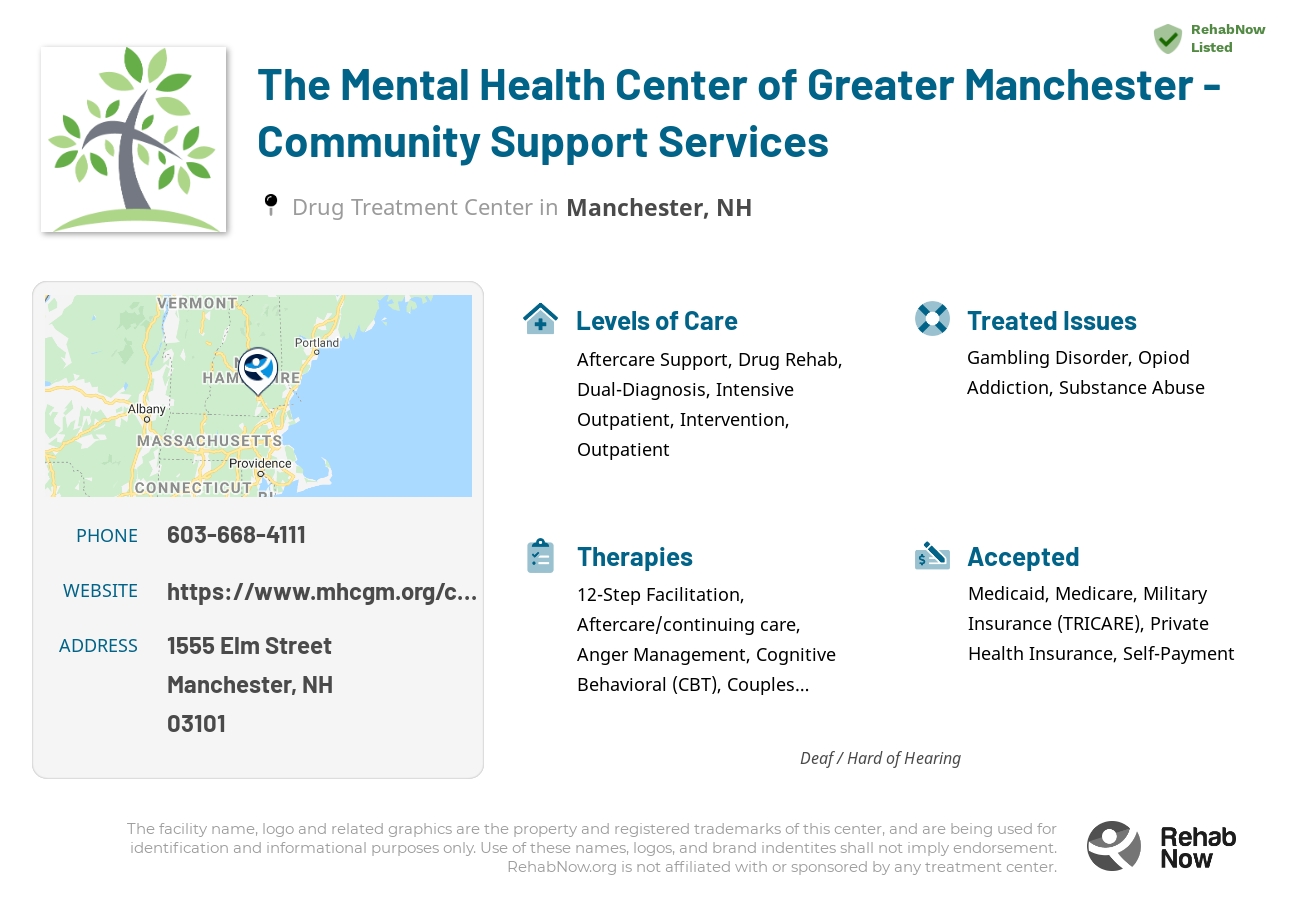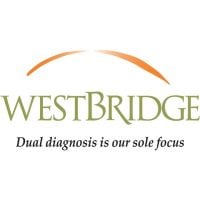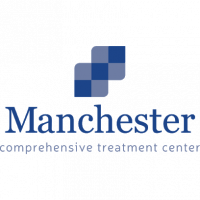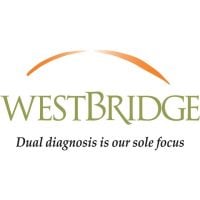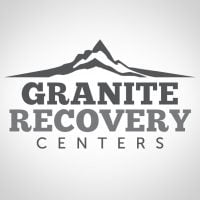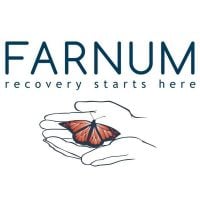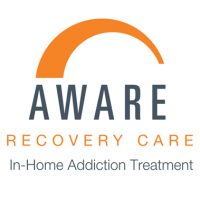The Mental Health Center of Greater Manchester - Community Support Services
Drug Rehab Center in Manchester, New Hampshire
The Mental Health Center of Greater Manchester offers comprehensive treatments and services for mental health and addiction issues, including dual diagnosis therapies, 12-step programs, CBT, and family/couples therapy, while also providing financial assistance options, aftercare support, and discharge planning services.
About This Manchester, NH Facility
The Mental Health Center of Greater Manchester - Community Support Services, located in Manchester, New Hampshire, is a treatment facility that specializes in providing support to individuals struggling with opioid addiction, substance abuse, dual diagnosis, drug addiction, and mental health issues. This facility offers a range of care levels, including aftercare support, drug rehab, dual-diagnosis treatment, intensive outpatient programs, intervention services, outpatient treatment, inpatient care, and detox services. Clients have the option to choose the most suitable level of care for their specific needs and receive comprehensive treatment from a team of experienced professionals.
At The Mental Health Center of Greater Manchester - Community Support Services, individuals seeking recovery from addiction and substance abuse can access a variety of treatment services and methods. The facility utilizes evidence-based practices to address the unique needs of each client, providing personalized treatment plans tailored to their circumstances. These may include therapy sessions, group counseling, medication management, holistic approaches, relapse prevention techniques, and educational programs to equip clients with the necessary tools for sustainable recovery. By combining various treatment modalities, The Mental Health Center of Greater Manchester aims to support individuals in their journey towards sobriety and overall mental well-being.
Genders
Ages
Modality
Additional
Conditions and Issues Treated
Rehab centers exist in Manchester, NH to help individuals bounce back from substance abuse, which is an umbrella term for drug and alcohol addiction. Drug addiction refers to the use of illegal drugs and improper use of prescription drugs. Centers like The Mental Health Center of Greater Manchester - Community Support Services provide individuals a chance to access individual and group therapy that can be monumental for recovery.
Substance abuse includes all problems that stem out from using various psychoactive substances. It is also a diagnostic term used by Diagnostic and Statistical Manual of Mental Disorders (DSM-IV) to define the mental and physical impairment or distress caused by misuse and overuse of certain substances in a period of 12 months.
Opioid addiction involves addiction to legal or illegal opioids. It may happen very quickly with any opioid use. Sometimes within a matter of days. Opioid addiction is a known as a high-risk factor for future heroin addiction.
Opioid withdrawal can be extremely uncomfortable and lead the user to continue to use even if they want to quit. Stopping using an opioid requires careful medical observation. Sometimes the withdrawal can persist for many weeks, which can put the user at a high risk for relapse.
It is recommended to receive inpatient treatment and a medically supervised detox like those offered at The Mental Health Center of Greater Manchester - Community Support Services in Manchester, NH, NH, to manage the withdrawal process while learning lasting tools to maintain recovery. In some circumstances medications can be used to manage opioid addiction.
People with dual diagnosis have coexisting addiction and a mental disorder. 9.2 million US adults had a co-occurring disorder in 2018, so not just limited to New Hampshire residents. Best treatment combines medication, psychotherapy (talk therapy), support group, and inpatient rehabilitation. Sometimes, complementary therapies – yoga, massage, and acupuncture – may also be used.
Levels of Care Offered
This center offers a variety of custom treatment tailored to individual recovery. Currently available are Aftercare Support, Detox, Drug Rehab, Dual-Diagnosis, Inpatient, Intensive Outpatient, Intervention, Outpatient, with additional therapies available as listed below.
Detoxification is a process that allows the patient to stop using opioids without experiencing severe withdrawal symptoms. This can be necessary for those who have been addicted for a long period of time or who are struggling with chronic pain.
During this process, addicts will receive medication and psychological support from doctors and other medical professionals until they can control their cravings.
Inpatient rehab is intended to treat severe addictions and co-occurring disorders. The length of stay in New Hampshire varies from four weeks to six months according to the individual needs. Inpatient rehab ensures that the patient stays in a substance-free environment at The Mental Health Center of Greater Manchester - Community Support Services.
Intensive outpatient programs mostly conduct meetings on weekdays. Group therapy is the main element in most intensive outpatient programs. Most IOPs last for about 90 days and include drug use monitoring and testing. A New Hampshire IOP, like what’s offerd at The Mental Health Center of Greater Manchester - Community Support Services, take much more time than a standard outpatient program. Some programs offer other services as well, such as employment assistance and medication management.
Outpatient treatment can be considered the lowest intensity level of addiction treatment in Manchester, NH. It is ideal for early phase addiction or lower intensity addictions. The Mental Health Center of Greater Manchester - Community Support Services peer group support, 12-step programs, and individual counseling may still be involved.
An intervention is a meeting held by families and friends of the addicted party, managed by The Mental Health Center of Greater Manchester - Community Support Services. It lets the person know that their loved ones are concerned about them. It is intended to make the addicted party agree to get help.
Interventions are often hosted by a mental health professional in New Hampshire who knows how to communicate with people dealing with addiction. These intervention services can make all the difference when it comes to getting loved ones to agree to treatment.
After treatment, addiction treatment can be frightening for newly sober people. Aftercare support provided by The Mental Health Center of Greater Manchester - Community Support Services is designed to give resources and help on a continued basis. It can involve finding housing in and around New Hampshire, setting up 12-step meeting groups, continued medical monitoring, and counseling.
The Mental Health Center of Greater Manchester - Community Support Services‘s Therapies & Programs
Individual therapy aims to identify the core issues that would have led the patient to substance abuse and address the root cause effectively. Patients find the therapist as a person who they can trust. It helps them to open up and discuss personal and sensitive issues, which they may not be comfortable discussing in a group.
Couples therapy is an approach wherein the patients and their partners are engaged together as a part of the treatment process. When a person becomes a victim of substance abuse, it affects the patient and the people around him, particularly his partner. Their relationship can become strained due to lack of communication, financial issues, loss of trust, lack of intimacy, and physical abuse in more severe cases.
Couples therapy addresses these issues and tries to rebuild the trust between the partners. The partner’s involvement in the process will result in greater chances of treatment success and sustained recovery.
Family therapy is a set of therapeutic approaches that assumes that the entire family is a system. It utilizes the strengths and resources of the family to help the patient refrain from resorting to substance abuse. It helps to repair relationships and improve communication between family members.
Group therapy happens at The Mental Health Center of Greater Manchester - Community Support Services in a controlled group environment, as opposed to a one-on-one setting. It supports Manchester, NH patients’ recovery by offering a sense of comfort and letting them know that they are not alone. Through shared conversations, patients also learn to develop faith and understanding and gain insight on their addictions.
Unresolved trauma is often a key reason why many patients resorted to substance abuse. Trauma therapy refers to treatment wherein specialist therapists help the patients to resolve the trauma that led the patients to substance abuse. The trauma could be physical abuse, sexual abuse, war, natural disasters, divorce, accident, loss of a loved one, etc. Thinking of these traumatic events causes emotional disturbances like anxiety, depression and results in addiction. If trauma is the primary cause of substance abuse, then both issues must be addressed. Otherwise, there is a risk of relapse. Trauma therapy also improves the cognitive functions and provides long term benefits.
Dialectical Behavior Therapy (DBT) is an improved version of Cognitive Behavioral Therapy (CBT). DBT is a treatment of choice for people suffering from self-harming behaviors characterized by cutting and suicidal thoughts or inclinations.
This treatment is developed to help individuals recognize their thought patterns, behaviors, and feelings. It has demonstrated its effectiveness for people that are finding it difficult to control their emotions and urges. Conditions such as obsessive-compulsive disorder and borderline personality disorder also benefit from DBT as it imparts individuals stress-management techniques and enhanced self-esteem so they can sustain their sobriety by reducing the impact of triggers and out-of-control emotions.
Cognitive behavioral therapy (CBT) is a way of addressing concerns through talking. It can be used in individual counseling sessions. Talking through issues with professionals at The Mental Health Center of Greater Manchester - Community Support Services can identify sources of discomfort or unhealthy thoughts. It is a way of learning about yourself and your individual perceptions. CBT is a healthy way of addressing some behaviors which may be bringing unintended consequences in your life.
Payment Options Accepted
For specific insurance or payment methods please contact us.
Is your insurance accepted?
Ask an expert, call (888) 674-0062
Additional Details
Specifics, location, and helpful extra information.
Manchester, New Hampshire 03101 Phone Number(603) 668-4111 Meta DetailsUpdated November 25, 2023
Staff Verified
What else do people call The Mental Health Center of Greater Manchester – Community Support Services?
People have occasionally also searched for “The Mental Health Center of Greater Manchester in New Hampshire”
Patient Reviews
There are no reviews yet. Be the first one to write one.
Manchester, New Hampshire Addiction Information
Opioids such as fentanyl, heroin, and prescription opioids form the largest drug threat in New Hampshire. More than 80% of all New Hampshire treatment centers admissions were related to one or more of these three drugs. Opioids such as fentanyl, heroin, and prescription opioids form the largest drug threat in New Hampshire. Since 2002, rates of alcohol dependency have also been among the highest in the country. In 2015, almost 15% of the residents were admitted to treatment centers for alcohol abuse.
Manchester, New Hampshire has a moderate level of drug addiction and abuse problems. The most common substance that people are seeking treatment for is alcohol. Over 1,100 admissions to treatment centers for drug and alcohol abuse in Manchester in 2014. There are several addiction treatment centers in and around Manchester that can help individuals and families struggling with drug addiction and abuse.
Treatment in Nearby Cities
- Portsmouth, NH (35.8 mi.)
- Tilton, NH (31.2 mi.)
- Hampton, NH (31.9 mi.)
- East Wakefield, NH (48.3 mi.)
- Manchester, NH (0.6 mi.)
Centers near The Mental Health Center of Greater Manchester - Community Support Services
The facility name, logo and brand are the property and registered trademarks of The Mental Health Center of Greater Manchester - Community Support Services, and are being used for identification and informational purposes only. Use of these names, logos and brands shall not imply endorsement. RehabNow.org is not affiliated with or sponsored by The Mental Health Center of Greater Manchester - Community Support Services.


